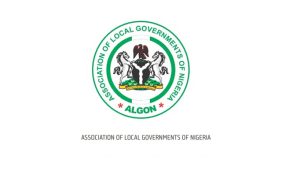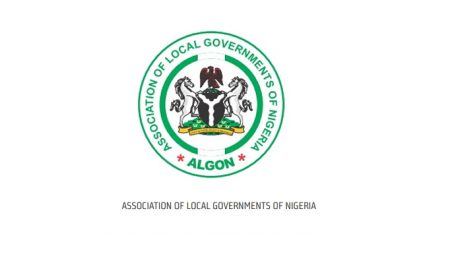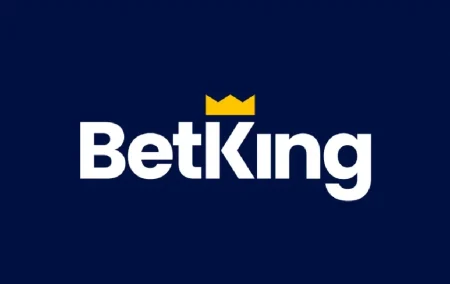Standard Chartered Bank, in a recent webinar titled “US Tariff War: Implications for the Nigerian Economy and Business,” addressed the potential impact of evolving US trade policies on African economies, particularly Nigeria. While acknowledging the challenges presented by shifting global trade dynamics, the bank emphasized the opportunities these changes could create for African nations. The core message was one of proactive adaptation: African countries should not view these shifts merely as obstacles, but rather as catalysts for strengthening regional economic ties and diversifying trade relationships. This approach, according to Standard Chartered, can pave the way for long-term growth and resilience in the face of global economic uncertainty.
The webinar, attended by over 600 participants from both the public and private sectors, underscored the significance of understanding the evolving trade landscape. Standard Chartered aimed to equip businesses with the knowledge and strategies necessary to navigate these changes effectively. Razia Khan, Chief Economist and Managing Director, Global Research at Standard Chartered, highlighted the existing challenge of limited intra-African trade, which stems from a lack of complementarity among African economies. This dependence on external markets makes African nations vulnerable to global trade disruptions. However, Khan stressed that by strategically reassessing their global trade exposure and focusing on bolstering regional value chains, African countries can mitigate these risks and unlock significant growth potential. This involves promoting greater economic cooperation within Africa, fostering the development of interconnected industries, and reducing reliance on volatile international markets.
Dalu Ajene, CEO of Standard Chartered Bank Nigeria Limited, emphasized the webinar’s objective of empowering businesses to thrive in the face of dynamic macroeconomic conditions. The event sought to provide a comprehensive analysis of the current trade environment, identify potential risks associated with the US tariff policies, and offer practical strategies for adaptation. By fostering a deeper understanding of the challenges and opportunities at play, Standard Chartered aimed to equip businesses with the tools they need to make informed decisions and maintain competitiveness in a changing global landscape. This proactive approach to knowledge sharing is crucial for empowering businesses to not only survive but also thrive in the face of evolving trade dynamics.
A panel discussion featuring prominent policy and business leaders provided further insights into the implications of US tariff policies for Nigeria. The panelists, including representatives from the Central Bank of Nigeria, the African Industries Group, the Lagos Chamber of Commerce and Industry, and trade consulting firms, explored the multifaceted impact of these policies on various sectors of the Nigerian economy. This discussion highlighted the need for a coordinated response from both the government and the private sector to address the challenges and capitalize on emerging opportunities. By bringing together diverse perspectives, the panel discussion facilitated a more nuanced understanding of the complexities of the issue and fostered collaborative problem-solving.
Ibiyemi Okuneye, Standard Chartered Bank’s Head of Trade & Transaction Banking for Nigeria and West Africa, echoed the sentiment that the US tariff war presents not just challenges, but also opportunities for growth in Nigeria and across Africa. She emphasized the importance of businesses re-evaluating their supply chain strategies to ensure resilience and continued growth. This involves diversifying sourcing, exploring new markets, and strengthening regional partnerships. By adapting their supply chains to the changing global trade landscape, businesses can mitigate risks and unlock new avenues for growth. This proactive approach is essential for maintaining competitiveness and ensuring long-term sustainability.
This webinar marks the first in a series of thought leadership engagements planned by Standard Chartered Bank. These initiatives aim to provide clients with the necessary tools and insights to effectively respond to global and regional economic shifts. The bank reiterated its commitment to supporting trade finance and empowering African businesses through expert insights, digital solutions, and strategic partnerships. This commitment underscores Standard Chartered’s role as a key facilitator of economic growth and development in Africa. By providing businesses with the resources they need to navigate the complexities of the global trade landscape, Standard Chartered is contributing to the long-term prosperity of the region.














